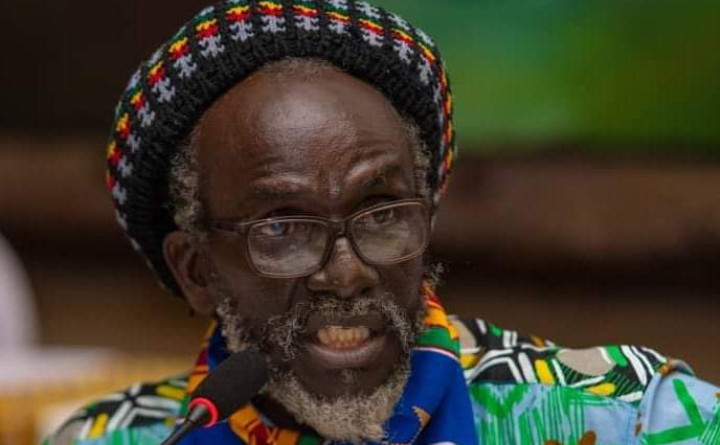In a recent discussion on Asaase Radio, Ahuma Bosco Ocansey, the Director of Special Projects at the Musicians Union of Ghana (MUSIGA), highlighted the profound influence of music on Ghanaian national life, arguing that it eclipses the impact of sports. Ocansey, affectionately known as Daddy Bosco, emphasized music’s far-reaching effects on society, containing power in cultural representation, national pride, and economic opportunities that significantly elevate it above sports. His insights resonate particularly in a country rich in cultural heritage, where music is not only an entertainment medium but also a vital aspect of identity and social cohesion.
MUSIGA, established in 1975, serves as the backbone for musicians in Ghana, advocating for their rights and welfare. Daddy Bosco underscored the importance of musicians recognizing MUSIGA as an essential support system for their profession. He drew parallels with other professional organizations like the Ghana Medical Association and the Ghana Bar Association, stating that just as practitioners in those fields have membership as a necessity, so too should musicians embrace the union. By joining MUSIGA, artists can foster a sense of solidarity and collective advocacy that will ensure their rights are recognized and respected.
Bosco urged musicians to proactively support MUSIGA, asserting that for their profession to gain the respect it deserves, musicians need to unite under the umbrella of the union. He contended that music is an invaluable asset that musicians can leverage for better representation and distribution of resources within the national context. By consolidating their efforts, musicians stand a greater chance of being recognized in conversations surrounding national revenue sharing and cultural projects, emphasizing that united advocacy can lead to tangible benefits for all artists in Ghana.
In his remarks, Daddy Bosco also drew attention to the global success of Afrobeats, particularly in how it has reshaped international perceptions of Nigeria. He noted that through its unique sound and vibrant expression, Afrobeats has brought about a transformative brand leverage for Nigeria on the world stage. The genre’s ascendance showcases the potential of music to influence cultural narratives and improve a nation’s image globally. Such examples not only highlight the importance of music in personal identity but also in how countries can leverage their cultural exports for economic gain and global recognition.
As Ghana moves toward the upcoming 50th anniversary of MUSIGA, Daddy Bosco’s call to action resonates louder than ever. He acknowledges the foundational role MUSIGA has played in advancing Ghana’s creative industry over the past five decades. As the music scene in Ghana continues to evolve, the call for unity among musicians becomes increasingly significant. With the celebration of MUSIGA’s anniversary approaching, it presents a unique opportunity to reflect on the progress made and the challenges that still lie ahead, potentially setting the tone for a new era of collaboration and support within the industry.
In conclusion, Daddy Bosco’s dialogue on the importance of MUSIGA and music’s influence underscores a pivotal moment for musicians in Ghana. The union not only provides support but also encourages collective growth and empowerment in the face of a complex industry landscape. By promoting membership and actively engaging with the union, artists can work towards establishing a stronger presence both locally and globally, utilizing their cultural strength to foster respect and recognition. The insights shared serve as an inspiring reminder of the enduring power of music, not just as an art form, but as an essential component of Ghana’s national narrative and future.


